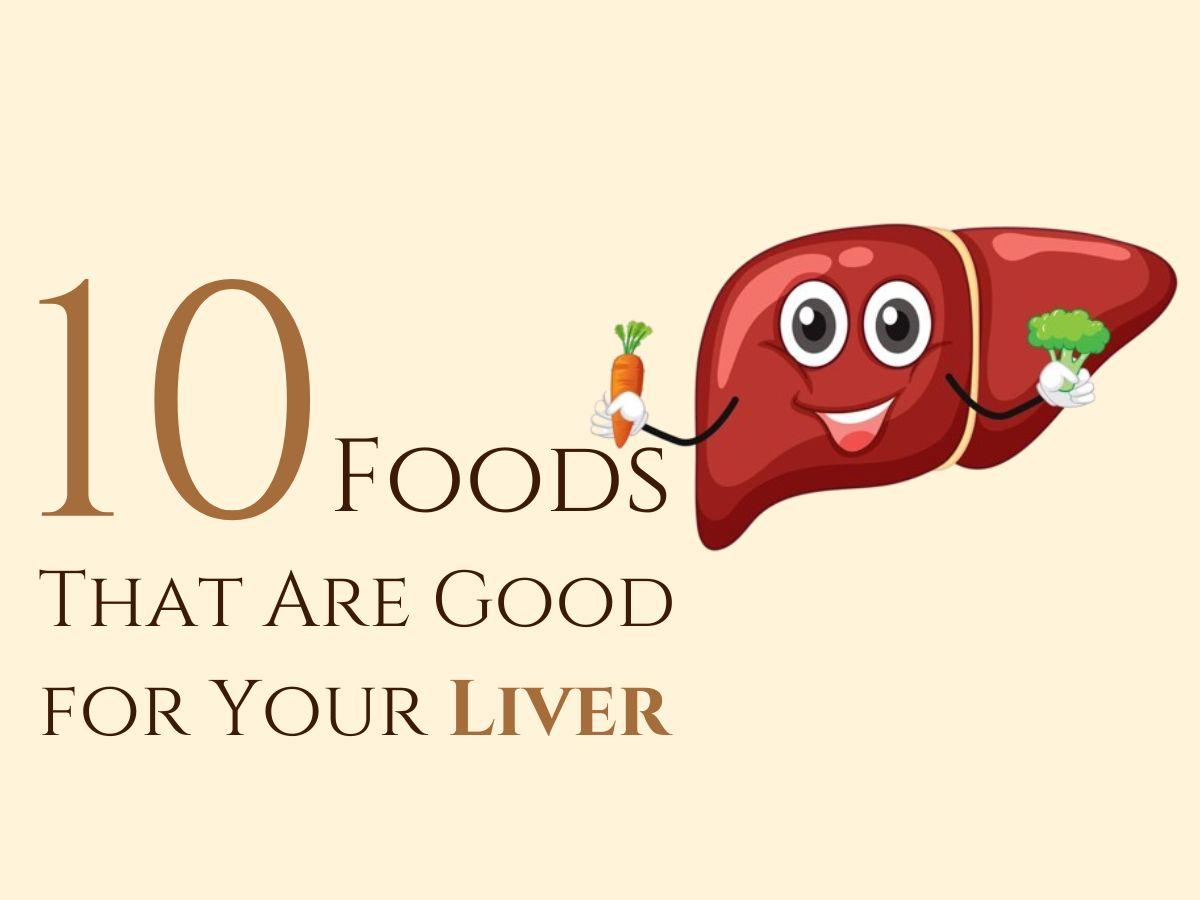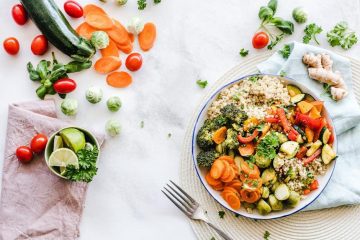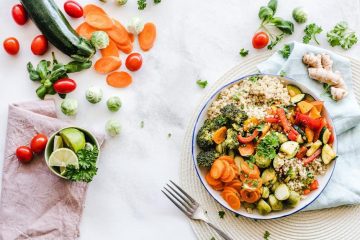In a world where whole foods reign supreme, there’s a silent hero often overlooked but essential for our well-being: fiber. Dive into the realm of nutrition as we unravel the wonders of foods rich in fiber, exploring not only their delicious flavors but also the incredible benefits they bring to our bodies. Join us on a culinary journey filled with fiber-packed goodness that will nourish both your taste buds and your health.
Table of Contents
- – Unlocking the Power of Fiber-Rich Foods for Gut Health
- – Exploring Delicious and Nutritious High-Fiber Food Choices
- – Practical Tips for Incorporating Fiber-Packed Foods into Your Daily Diet
- Q&A
- Concluding Remarks


– Unlocking the Power of Fiber-Rich Foods for Gut Health
Eating a variety of fiber-rich foods can have a significant impact on your gut health. Incorporating these foods into your diet can help promote digestive regularity, support a healthy microbiome, and reduce the risk of certain diseases. Some common sources of fiber-rich foods to consider adding to your meals include:
- Whole grains: such as oats, quinoa, and brown rice
- Legumes: like lentils, chickpeas, and black beans
- Fruits: such as berries, apples, and pears
- Vegetables: like broccoli, spinach, and carrots
In addition to aiding digestion, fiber-rich foods can also help you feel full and satisfied, which may assist in weight management. By making small but impactful changes to your diet, you can unlock the power of fiber-rich foods and experience the benefits they provide for your gut health.
| Food Category | Benefits |
|---|---|
| Whole Grains | Promote digestive regularity |
| Legumes | Support a healthy microbiome |
| Fruits | Reduce the risk of certain diseases |
| Vegetables | Aid in weight management |
Another fantastic high-fiber choice that can elevate your meals is the versatile avocado. Whether mashed into creamy guacamole or sliced atop whole-grain toast, avocados are a fantastic source of healthy fats and fiber. Pairing them with foods like eggs or salmon not only adds a creamy texture but also boosts the fiber content of your meal. Incorporating these fiber-filled foods into your daily menu can help you feel full longer and support your overall well-being.

– Practical Tips for Incorporating Fiber-Packed Foods into Your Daily Diet
Incorporating fiber-rich foods into your daily diet can be a delicious and satisfying experience. Start your day with a hearty breakfast bowl filled with a mix of chia seeds, flaxseeds, and oats topped with fresh fruits like blueberries and bananas for a fiber-packed kick to your morning routine.
For a midday pick-me-up, indulge in a colorful salad with a base of leafy greens, crunchy veggies like bell peppers and cucumbers, and a sprinkle of nutritious nuts such as almonds or walnuts. Finish off your day with a comforting bowl of whole grain pasta tossed in a savory tomato sauce loaded with fiber-filled legumes like chickpeas or lentils for a filling and satisfying dinner. Enjoy the journey of exploring different fiber-rich foods and discover new favorite combinations to fuel your body in the healthiest way possible!
Q&A
Q: Why is fiber important for our diet?
A: Fiber plays a crucial role in supporting digestive health, promoting regular bowel movements, and reducing the risk of various diseases.
Q: What are some delicious and fiber-rich foods to include in our diet?
A: Incorporating foods like fruits, vegetables, whole grains, legumes, nuts, and seeds can significantly boost your fiber intake while adding variety and flavor to your meals.
Q: How can I easily increase my fiber consumption?
A: Simple ways to amp up your fiber intake include starting your day with a fiber-rich breakfast, snacking on fruits and nuts, swapping refined grains for whole grains, and experimenting with new vegetable-based recipes.
Q: Can fiber-rich foods help with weight management?
A: Yes, fiber-rich foods can help you feel full and satisfied for longer periods, which may aid in controlling appetite and supporting healthy weight management goals.
Q: Are there any potential side effects of consuming too much fiber?
A: While fiber is beneficial for most people, consuming excessive amounts of fiber without adequate fluid intake may lead to bloating, gas, or diarrhea. It’s essential to gradually increase your fiber intake to allow your body to adjust.
Q: How can fiber contribute to overall well-being?
A: Beyond digestive health, fiber can also help regulate blood sugar levels, lower cholesterol, and promote a healthy gut microbiome, which are all key factors in maintaining overall wellness and vitality.
Concluding Remarks
As you embark on your journey to a healthier and more vibrant lifestyle, remember that incorporating fiber-rich foods into your diet is a simple yet powerful way to support your overall well-being. From crunchy apples to hearty beans, nature provides us with a colorful array of delicious options to fuel our bodies and nourish our souls. So, whether you’re looking to boost your digestion, manage your weight, or simply savor the flavors of wholesome ingredients, let the fiber-rich foods be your allies in this culinary adventure. Embrace the goodness that Mother Nature offers, one fiber-filled bite at a time. Here’s to a happy, healthy, and fibrous future ahead!




0 Comments